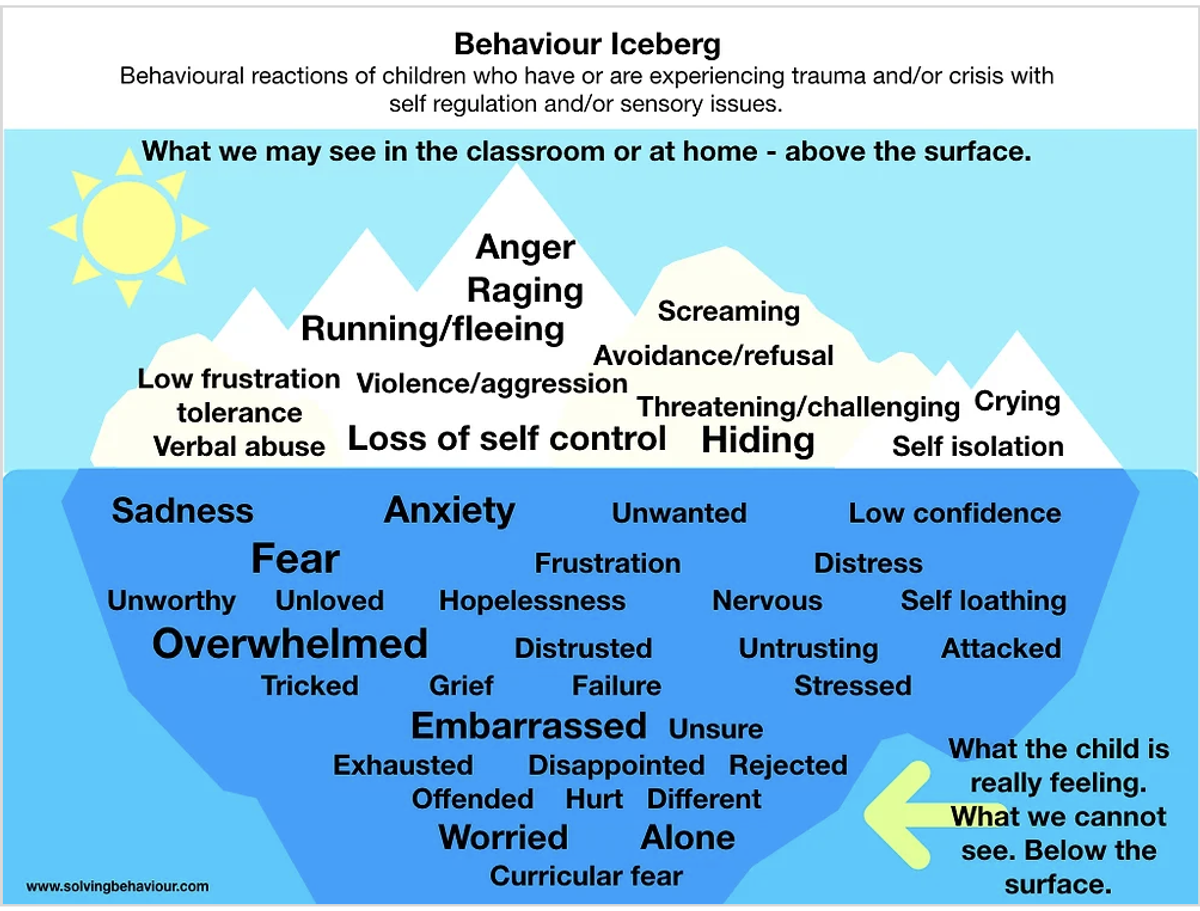PROFESSIONAL DEVELOPMENT
T3 2023

PROFESSIONAL DEVELOPMENT
T3 2023
Hackham East Staff – Professional Development
On our Student Free Day the 1st September, Friday of Week 6, the staff engaged in a Professional Development Day. The day began with a focus on Trauma-Informed Considerations and Practices, which was presented by Connect Ed. Next, our Autism Inclusion teacher Cassie Humphrey delivered information to us regarding Executive Function vs Executive Dysfunction. The third focus was on our next steps regarding our Positive Behaviour for Learning (PBL) presented by our PBL team consisting of Sally Slattery, Jonathon Kaesler, Gill Dowd, Jane Wigan, Lauren Mawson and Rebecca Zahra. It was an extremely engaging, challenging (in a learning way) and thought provoking day. All three foci are part of our approach to create a broader knowledge for our staff to better understand and support all of our students with their learning and wellbeing.
One Trauma-Informed understanding that we delved deeper into was the Iceberg Theory. Embracing the perspective that some behaviours exhibited by our students in class or during playtimes represent just the tip of the iceberg. We acknowledge and need to understand that these actions may be rooted in underlying thoughts, experiences, and emotions. It's essential to try and understand the root causes of these behaviours, so that strategies can be implemented to better support our students.


With this understanding and a strong connection to our students, we are better equipped to assist students and support them in regulating their behaviour or emotional responses. At Hackham East, we use various strategies such as conducting check-ins, engaging in Walk and Talk sessions, movement or Crash and Bash breaks. We also explicitly teach Interoception through whole class Interoception and Interoception groups, as well as using other strategies that may be more specific to individual students. These options empower students to regulate their emotions and behaviour, ultimately aiding them in re-engaging more effectively in the classroom environment, with their peers and at play time.
Gaining insight into children's emotions and feelings within the home environment can empower us to better comprehend the reasons behind their behaviour. It's crucial to recognise that children require moments for self-regulation, which could involve finding a quiet spot in the house, taking a break from electronic devices, spending time outdoors, or engaging with sensory tools.
Supporting children to regulate, before engaging in a discussion about their behaviour, reaction or emotional response to a situation, will contribute significantly to the adult better understanding the underlying causes of the specific behaviour.
Drew Grieve
Acting Wellbeing Leader